In May of 2017, Anik Singal reached out to Village Enterprise with a generous offer to “Fund-a-Village” out of extreme poverty for $25,000. How one might reasonably ask, is this even possible? Anik had recently learned about Village Enterprise and our unique microenterprise model through his friend and fellow entrepreneur Yanik Silver, and was interested in funding a village of his own.
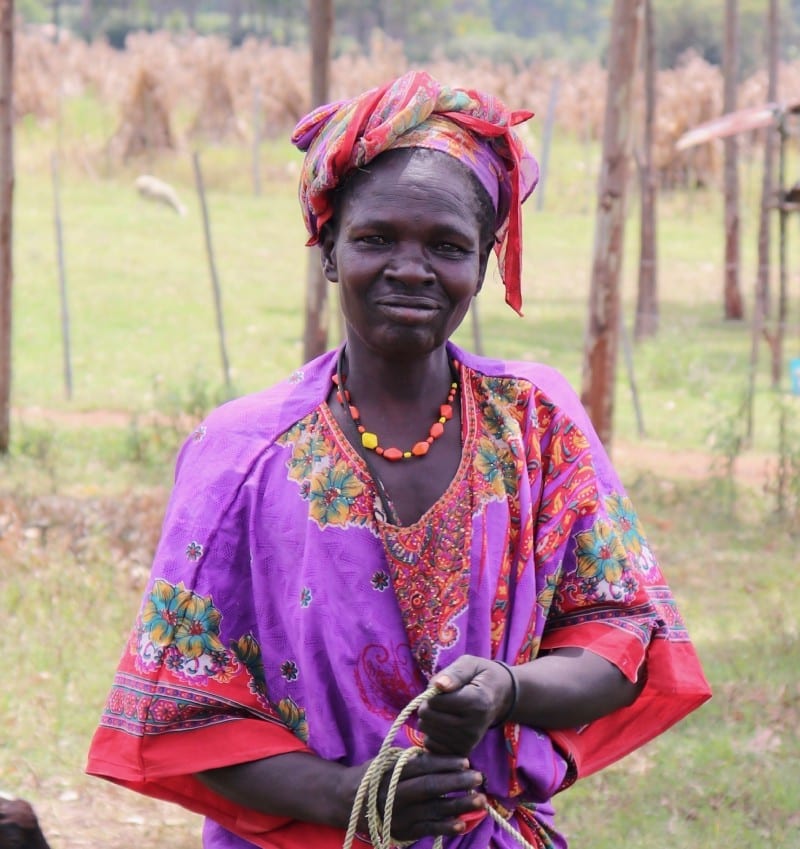
Village Enterprise works in rural East Africa where over 60% of the population lives below the global extreme poverty line of $1.90 per day, and where little or no formal employment exists. By equipping these first-time entrepreneurs with the tools and resources to create sustainable three-person businesses — training, mentoring, $150 in seed capital, and access to savings and growth capital — we break the cycle of poverty for our entrepreneurs and their families. Since 1987, Village Enterprise has started over 43,000 businesses and already trained more than 169,000 East Africans.
This is the story of Anik’s transformative “Fund-a-Village” donation for the village of Sabwani Marinda.
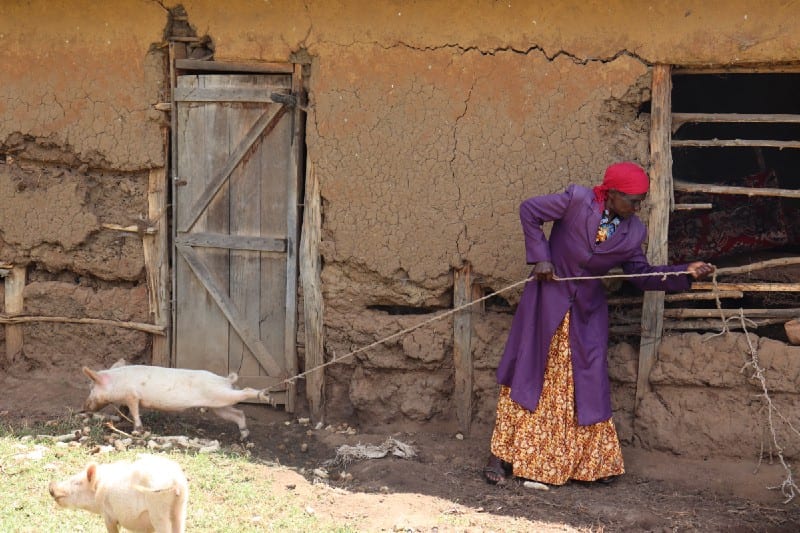
It’s a bright, sunny day in Sabwani Marinda when Monica Sitienei, a mother of six and a kiosk business owner, leads me through a field of green grass. We pass a cluster of saplings, greet a group of villagers, and the distinct sound of pig squeals becomes audible. We come across a makeshift gate, enter, and face a large barn made from mud and sticks. Two women and a man work together with fixed determination to capture their six pigs which they are eager to show off to us.
After the three business owners gather their swine, Monica conducts introductions: Florence Jeptekei, Beatrice Tengan, and Richard Simatwa own the piggery together. They show me their growing pigs and the barn where they are kept at night. They proudly explain how they used their Village Enterprise grant to begin a small garden, where they raised tomatoes and greens. They sold the produce and used their savings to purchase the profitable pigs.
When I ask how their lives have changed since they started the business, they instantly begin sharing various examples. Richard mentions that he is now able to pay for school fees and uniforms so that his children can go to school. He also saved enough money to pay for his son’s wedding.
“We used to be weak and tired,” Florence explains, “and now we have energy.”
These tangible transformations are common amongst the fifteen business groups that I interviewed in this small village in northern Kenya.
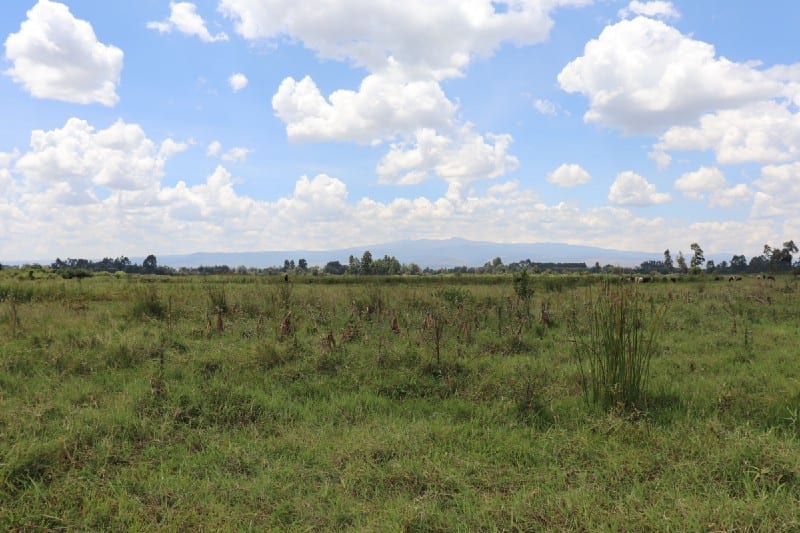
The businesses in this small village were funded by Lurn Inc., a platform founded by Anik Singal in 2004 that strives to empower others to create and grow passion-based businesses. With the $25,000 grant from Lurn, Inc., Village Enterprise trained 150 new entrepreneurs, started 50 new three-person businesses, and transformed the lives of approximately 1,000 children, women, and men. Each new business improves the standard of living for approximately 20 individuals based on the average family size in the region. At Village Enterprise, we look to partners like Lurn, Inc. to fund the implementation of our one-year, cost-effective Graduation program that empowers the rural extreme poor to lift themselves out of poverty through the income and savings generated from small sustainable businesses.
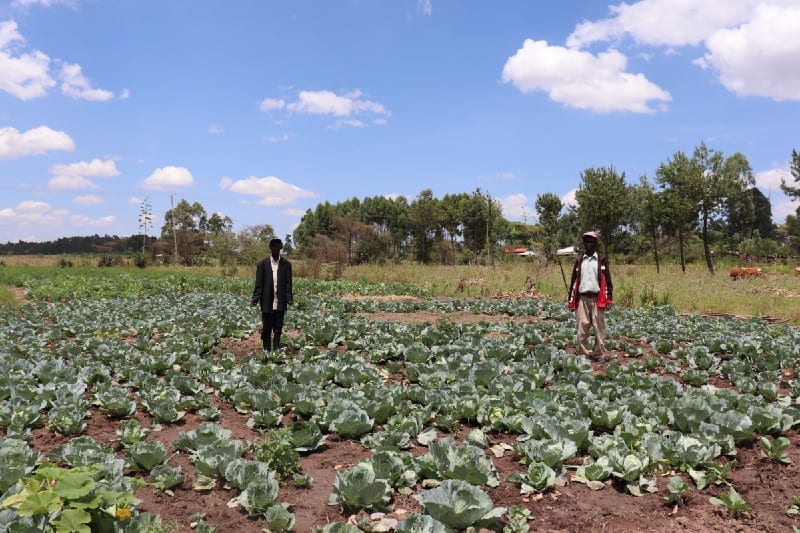
As we continue along our journey, we arrive at a large open field where two older men stand proudly in the middle of their cabbage patch. Esokori Etabo and Marko Ewoi attribute the success of their business to the Village Enterprise agriculture training they received. Since starting the business, they have earned 250,000ksh ($2,500) and have been able to purchase a generator to pump water for their irrigation system. They grow and sell tomatoes and cabbage and own a cow and a sheep. They now even employ others to help with the day-to-day upkeep of their farm.
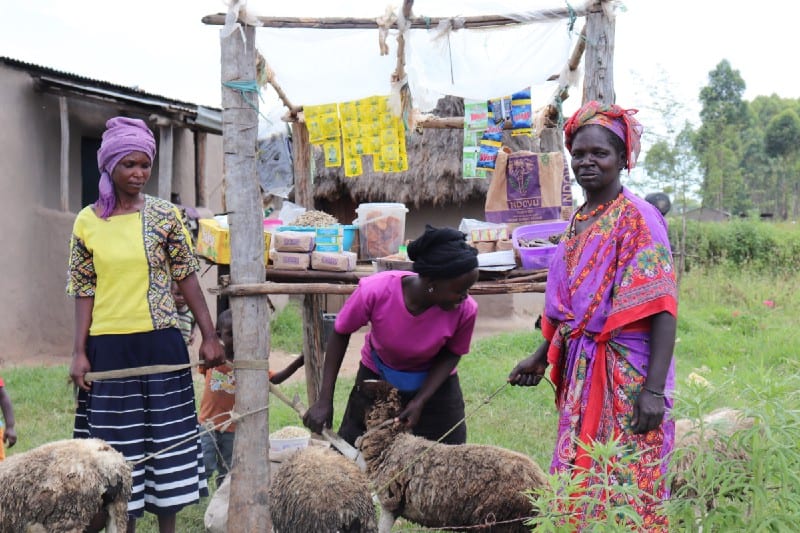
Monica leads us away from the field and onto a long dirt road. In front of us is a herd of brown cows that slowly walk in our direction. “That one is mine,” Monica says when the cows pass us. She was able to buy a cow with the profits earned from the small business she owns with Caroline Simiyu and Lomeyen Kerio. The small produce stand is positioned on the edge of the main road that runs through their village. It’s an opportune spot to sell small bags of flour, handmade donuts, dried fish, seasoning, and packets of dish soap. The three women harmoniously work together to care for their sheep, travel to town to purchase new stock and sell their wares. “I used to depend on my husband, which caused so much conflict. But now I have my own source of money. I can even put my children in private school,” Caroline said as she poured a small amount of sugar into a piece of newspaper which had been folded into a cone shape.
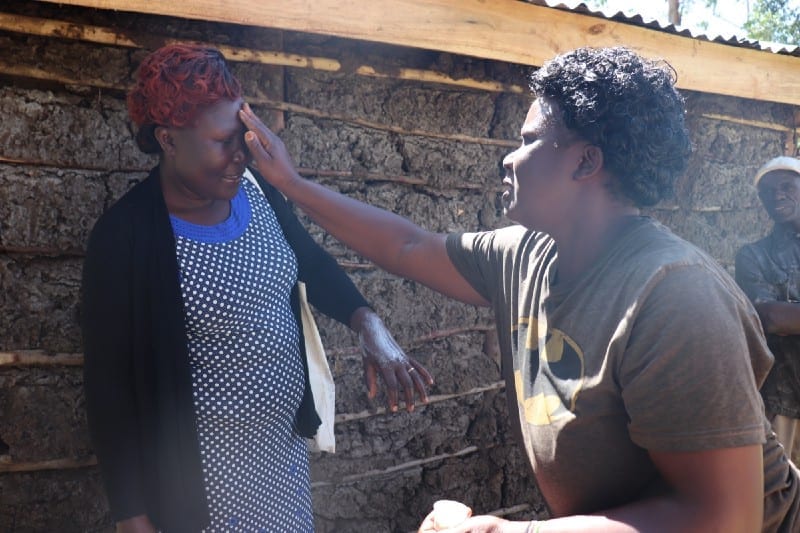
The next business is run by Elizabeth Kamboy, Sally Chirchir, and Janet Najala, three women who make and sell soap. They initially started a cake baking business, but due to low profits, they chose to redirect their efforts. They used some of their earnings to send Elizabeth to the local Women’s Empowerment Center to attend a workshop on soap making, which is more profitable and less competitive than a bakery business. They have earned around $1,000 and plan to invest in a machine that will help them make bar soap. “I like my business because it feeds us. It has also built our name in the community.” The women supply soaps and detergents to local schools. They are genuinely content with the way their business has changed their lives and do not miss the days when they dug holes and harvested corn for other people.
These businesses in Sabwani Marinda have changed the community forever. There is less conflict and more peace. Women and men are independently earning their own money. Children are in school. And most are eating three meals a day. It is hard to believe that prior to the Lurn Fund-a-Village initiative, food was challenging for most of the business owners to procure. Now? They’ve saved enough money to pay for weddings, college, water pumps, solar lights, and their mindsets have changed. They see potential in their businesses and want to work together to expand and diversify.
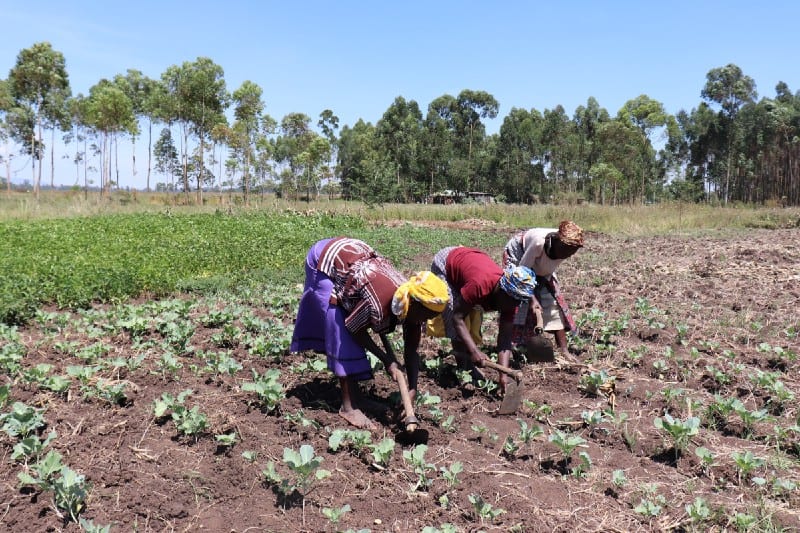
Seeing how Sabwani Marinda changed in such a substantial and encouraging way through the Lurn Fund-a-Village initiative shows how investing in entrepreneurs — even those who begin their journeys in extreme poverty — is transformative with results that speak for themselves. As I said goodbye to Monica, she asked that I return one day to see how her village continues to change. I can’t wait to see what’s to come in this bright, flourishing community full people who are determined to continue on this great path of success.